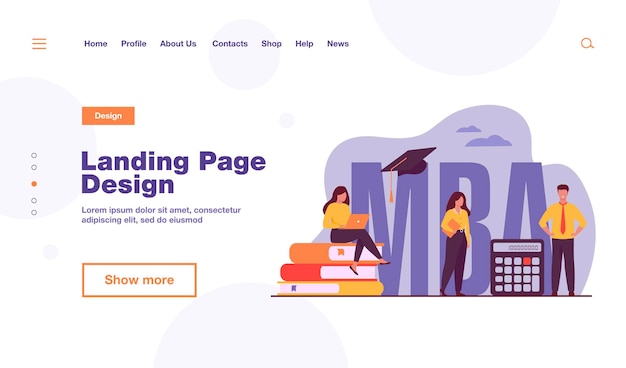
While a student loan may appear to be a convenient solution when you’re in school and lack alternatives, repaying these loans can be a struggle. This often coincides with job hunting and handling other living costs. Therefore, the crucial advice for college students is to minimize borrowing, and for graduates, not to rely on student loan forgiveness.
WHAT DOES STUDENT LOAN FORGIVENESS MEAN?
Student loan forgiveness, a federal program, erases your student debt after a certain period. While this might sound like a free ticket for some, it isn’t. Benefiters must fulfill conditions like making at least 120 timely student loan payments and working in public service or for a non-profit. Therefore, it’s generally unwise to hinge your hopes on student loan forgiveness during desperate financial times. If you find yourself piling debt and being unable to pay bills, consult professionals such as Conner & Roberts or other law firms on the best course of action.
WHY SHOULDN’T YOU COUNT ON STUDENT LOAN FORGIVENESS?
PRIVATE LOANS ARE INELIGIBLE
Being a federal program, student loan forgiveness is only applicable to federal student loans. Hence, people with private student loans have no chance for forgiveness. It’s useless to anticipate this program’s benefits.
YOU HAVE TO MAKE NUMEROUS PAYMENTS FIRST
Under the Public Service Loan Forgiveness (PSLF) program, you need to have made at least 120 punctual qualifying payments. That’s equivalent to 10 years’ worth of payments before loan forgiveness. Other federal student loan programs require 20-25 years of waiting before approval.
SPECIFIC JOB FIELDS APPLY
To qualify, you need to work in a designated job field, typically non-profit or government sector. Jobs like teaching or nursing for the state qualify, but positions like graphic design or nutrition don’t.
IT LEADS TO A MASSIVE TAX BILL
Even if you qualify for loan forgiveness, you will be taxed on the forgiven balance, treating it as taxable income. This could mean a hefty tax bill if the remaining balance was substantial.
IS THERE AN ALTERNATIVE?
If you’re finding it difficult to settle your student debt, consider the options below.
1. REFINANCING: If your private student loans have high-interest rates or a large debt amount, refinancing them can lower the rates and the monthly payments, aiding in a quicker payoff.
2. SWITCH TO INCOME-BASED REPAYMENT: For federal student loans, consider changing to an income-adjusted repayment plan. If this is unaffordable, consider deferment or forbearance, though these still accrue interest.
3. REDUCE EXPENSES AND PAY OFF DEBT: The other alternative is to trim your expenses and focus on paying off debt. You could find additional work, request a raise, or relocate to cheaper housing to achieve this.
Remember, not everyone qualifies for loan forgiveness and those who do still have to pay taxes on the forgiven amount. Thus, the best strategy is to manage your expenses and pay off your loans. The sooner you clear your debt, the better you secure your future.
Have you tried managing your student loan debt? Have you ever viewed student loan forgiveness as a viable alternative?


